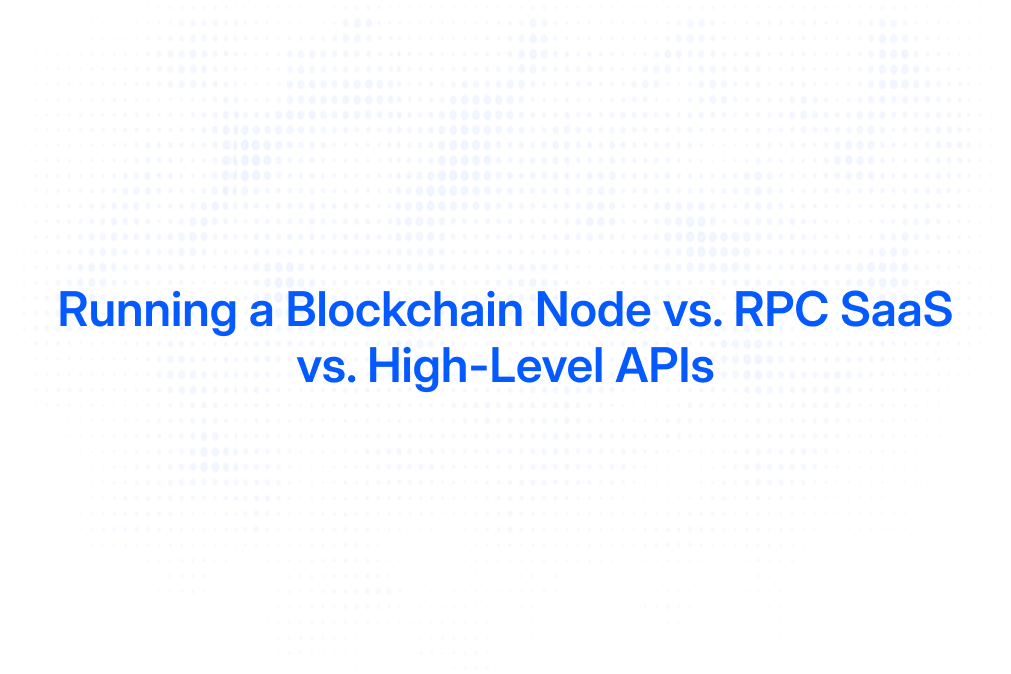Centralized vs Decentralized Exchanges: Insights
Jason Li

If you're involved in cryptocurrency trading, you have undoubtedly come across the terms ""centralized exchange"" and ""decentralized exchange."" These two types of exchanges represent different philosophies and, depending on your trading needs, each may offer unique advantages. Here's a head-to-head comparison to understand both in depth.
The centralized exchange (CEX) model is similar to traditional stock exchanges. A third-party mediates transactions, with the exchange holding your funds. High trading volumes, speed, and a user-friendly interface make CEX appealing to various users. However, this centralization generates vulnerabilities typically associated with traditional banking systems.
One major issue is that hacking a CEX can be profitable due to the aggregation of funds, leading to large-scale thefts. Furthermore, a centralized authority has policymaking control, meaning they can freeze your account, enforce KYC (know your customer) rules, or even shut down the entire platform. This goes against the core decentralization and privacy principles which drew many to blockchain technology and crypto in the first place.
Decentralized exchanges (DEX), conversely, are built using blockchain technology, moving control away from a central authority. In a DEX, you retain control over your funds using your private keys. Trades occur directly between users (peer-to-peer) using automation brought about by smart contracts. This form of architecture provides two main advantages: security and privacy.
The hacking potential is reduced as funds aren't concentrated in a single point but are spread across users' individual wallets. You’re also free from restrictions imposed by a central authority, preserving the inherent privacy in transactions, that is often associated with crypto.
However, DEXs currently fall short in a few critical areas. Firstly, they generally offer lower liquidity and slower transaction speeds because their technology is relatively nascent and has not yet been adopted widely. Also, their interfaces tend to be more complex, making them less accessible than their centralized counterparts to beginner traders.
In terms of regulation, CEXs are typically in a more clear-cut situation, being mostly compliant with prevailing financial laws due to their centralized nature. They provide regulatory protections, supporting dispute resolution mechanisms and insurance against thefts. Conversely, DEXs, being a product of the anonymity graced by blockchain, often operate in regulatory grey areas, which could potentially lead to their banning in certain jurisdictions.
The rise of DeFi (decentralized finance) is potentially a game-changer for DEXs, with advancements being made in both liquidity and usability fronts. Additionally, imminent blockchain scalability solutions could also help address the transaction speed issue.
In conclusion, centralized exchanges may be your preferable choice if you're seeking speed, liquidity, and user-friendly interfaces, along with regulatory protections. But if decentralization, anonymity, and privacy are your core requirements, and you're willing to compromise on transaction speeds and ease of use, then decentralized exchanges could be the best option for you.
However, one marvel of the crypto-verse remains its dynamic nature, rapid evolution and adaptation. Each model is improving upon its drawbacks, and we might soon see a more even match between the two. As with any investment decision, knowledge, and an honest self-assessment of one's needs and capabilities provide the best basis for decision-making."
.svg)


.png)



